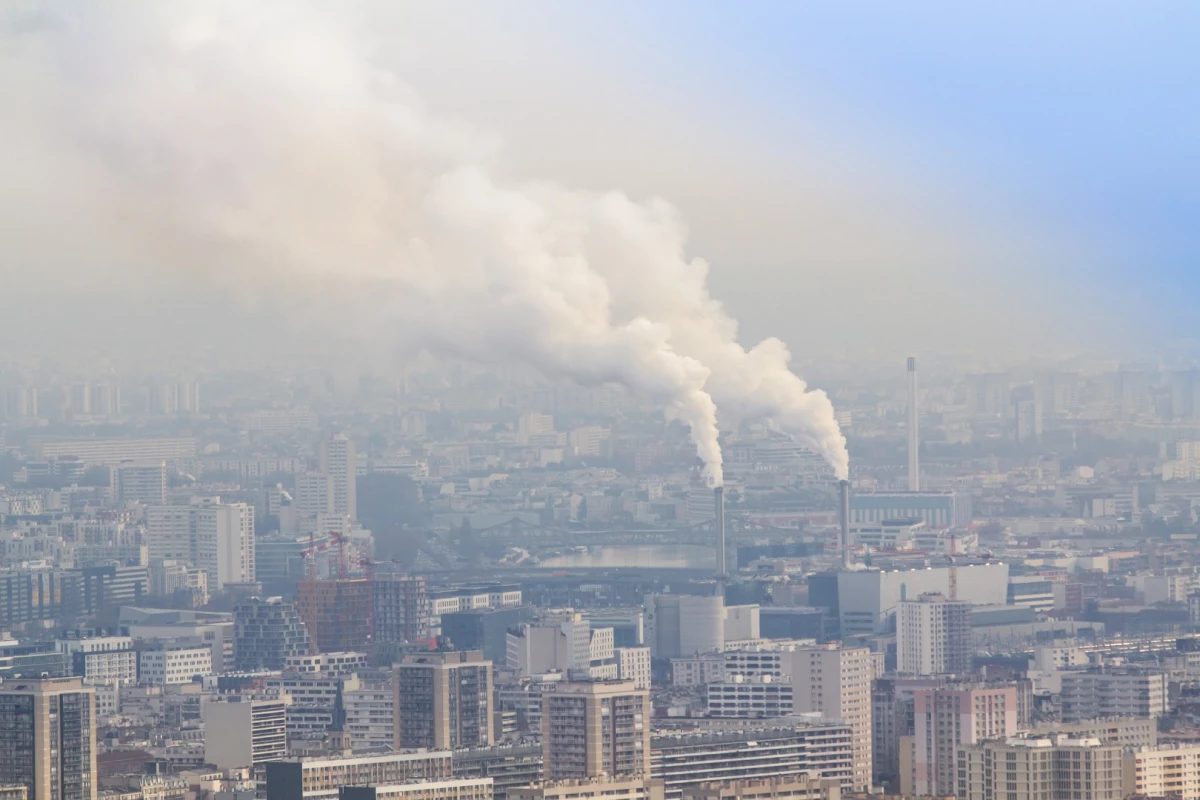The United Nations and the World Meteorological Organization (WMO) have released the Statement on the State of the Global Climate in 2019. This annual report confirms that last year was another record-breaker, continuing a worrying trend that indicates we’re drifting further off-track from meeting the targets of the 2015 Paris Agreement.
The new analysis confirms earlier reports that 2019 was the second-warmest year since records began, with average temperatures about 1.1 °C (2 °F) warmer than the pre-industrial baseline. That peaked mid-year, with July 2019 deemed the hottest individual month on record.
Collectively, the last five years are the top five warmest, with 2016 still holding the top spot. The decade of 2010 to 2019 was also the warmest decade on record, continuing a trend where every decade since the 1980s has topped all previous records.
The report outlines the effects of these rising temperatures. Australia had its hottest and driest year on record in 2019, including the country’s hottest month that January, and the hottest individual day on December 18. That was accompanied by the lowest yearly rainfall total recorded, and of course, a hugely devastating bushfire season.
On the other end of the spectrum, floods caused widespread damage in the US, India, and parts of South America and East Asia. An above average number of tropical cyclones ravaged many regions, and the Greenland ice sheet lost 329 gigatonnes of ice, also well above average.

In a rare piece of good news, the report acknowledges that the growth of carbon dioxide emissions paused in 2019. That’s thanks to a large drop in emissions by developed countries, but unfortunately it was cancelled out by continued growth in other parts of the world.
Despite the pause, growth is expected to resume over the next few years. That’s particularly worrying given that atmospheric carbon dioxide levels are currently at the highest point in human history, with individual readings edging over 415 parts per million for the first time.
Unfortunately, our current trajectory says we’re way off course from meeting either of the two targets laid out in the Paris Agreement. Ways to get back on track will be discussed at the 2020 UN Climate Change Conference, taking place in Glasgow, Scotland in November.
“We need all countries to demonstrate that we can achieve emissions reductions of 45 per cent from 2010 levels this decade, and that we will reach net-zero emissions by mid-century,” says António Guterres, United Nations Secretary-General. “We know this is the only way to limit global heating to 1.5 °C. In Glasgow, success will depend on countries, the private sector and civil society demonstrating that they are taking significant steps to raise ambition on mitigation, adaptation and finance.”
The Statement on the State of the Climate in 2019 is available online.







